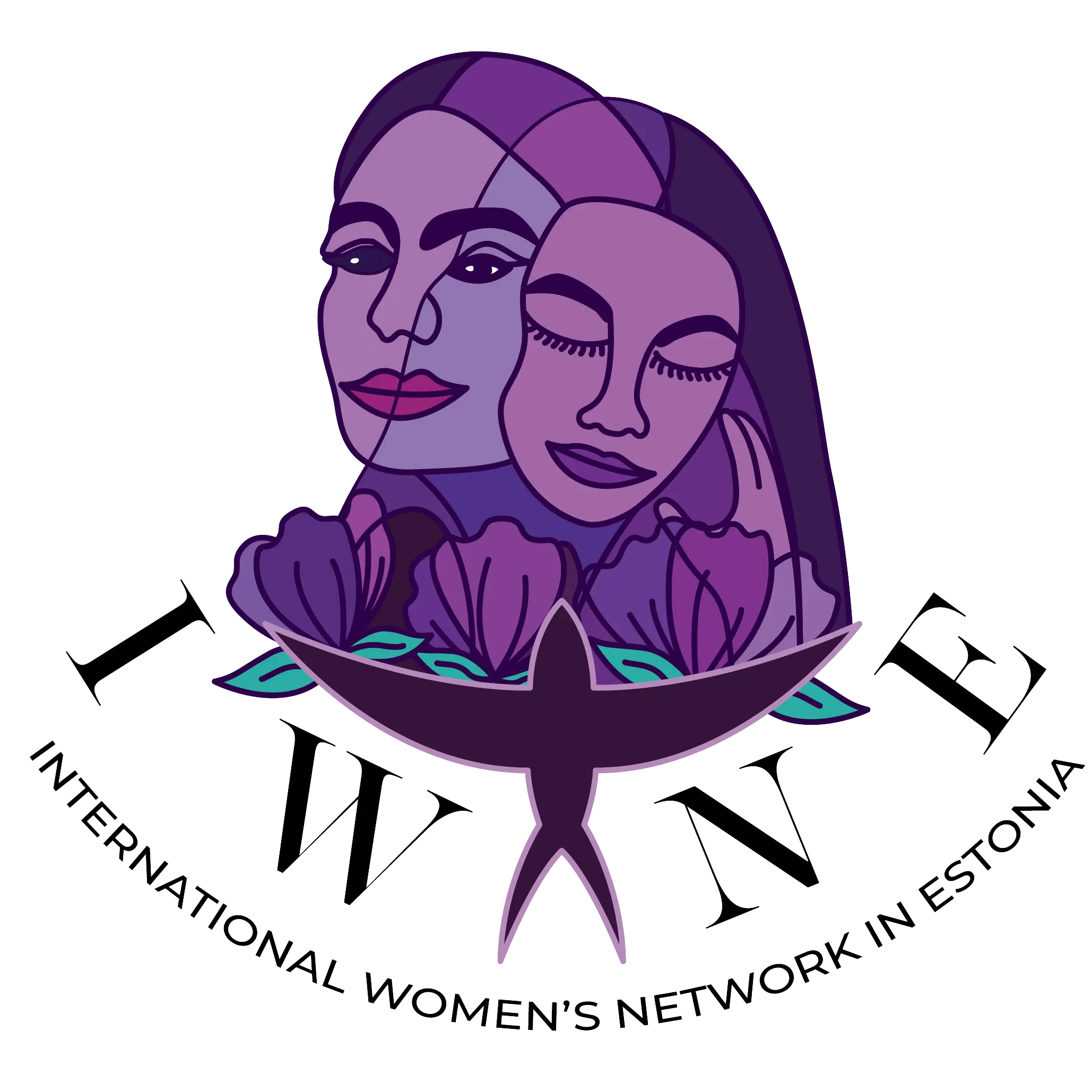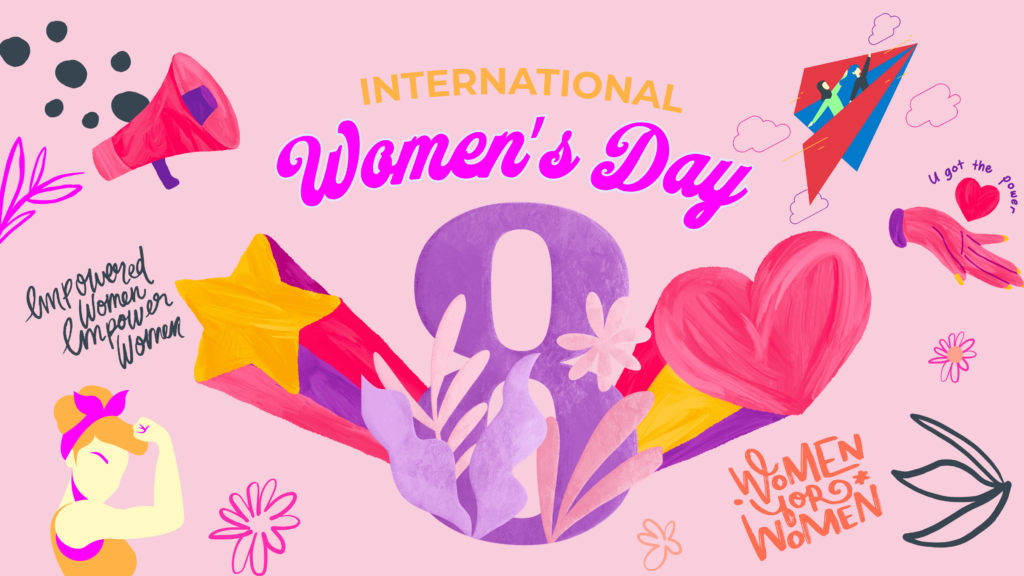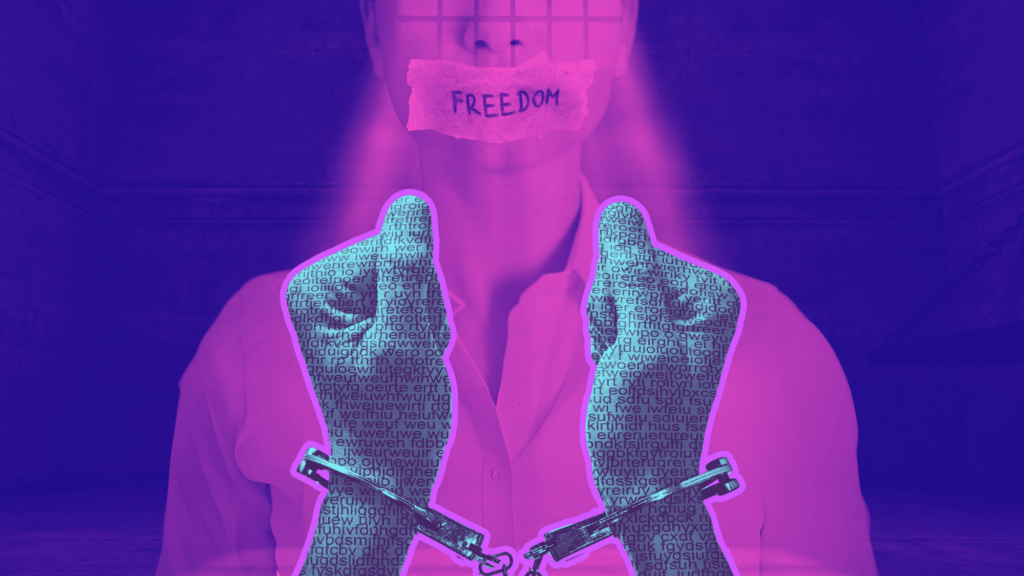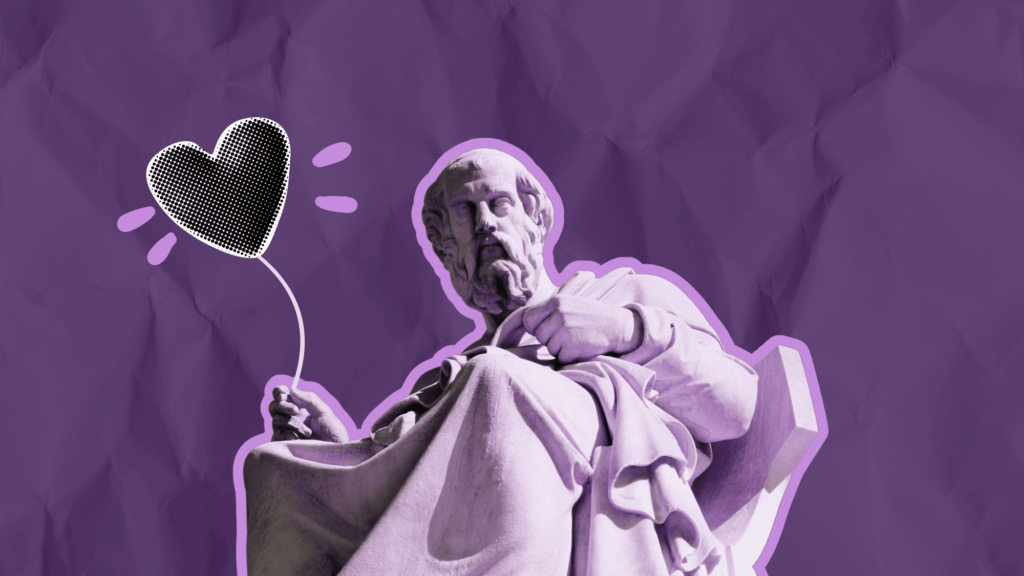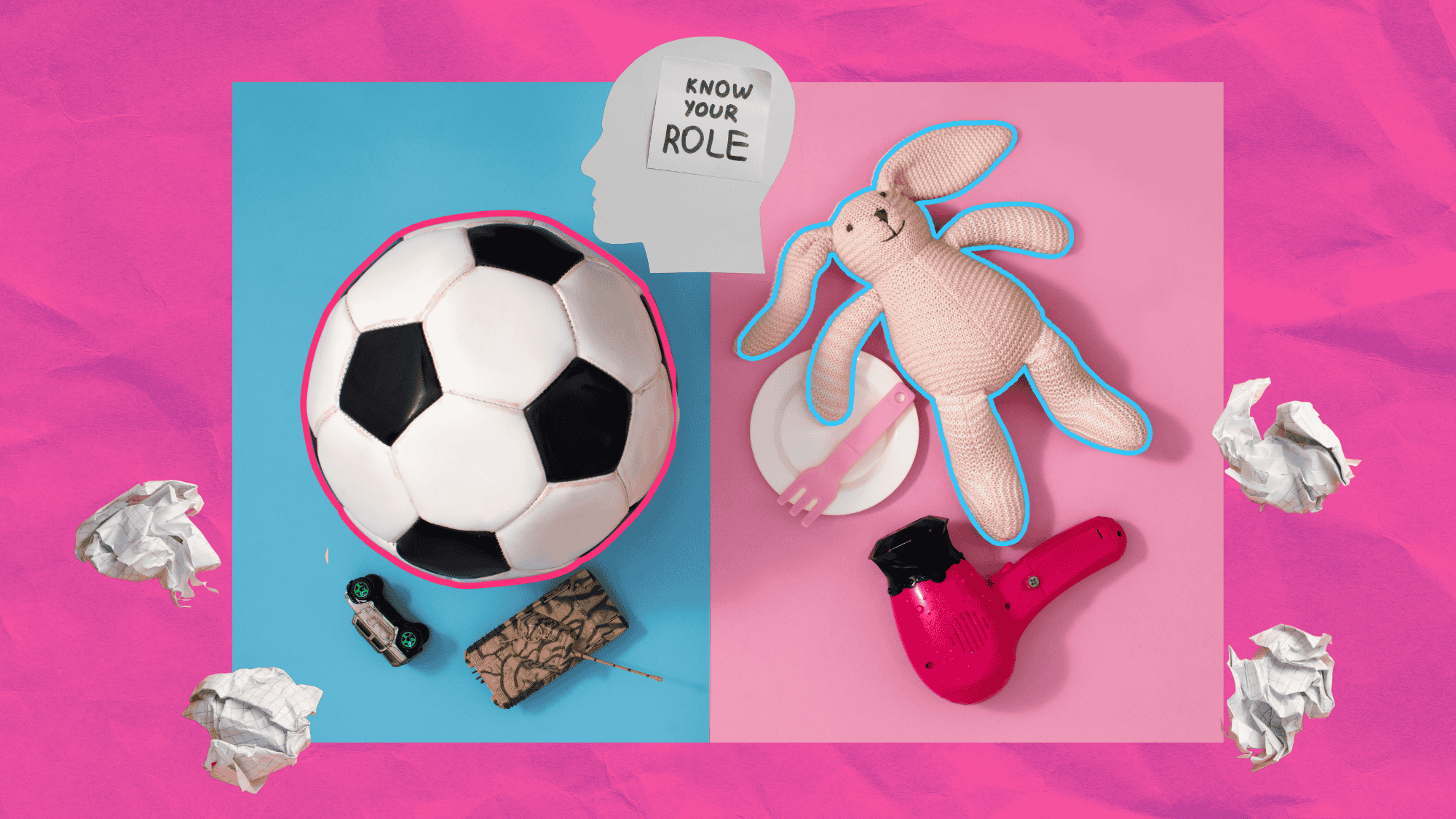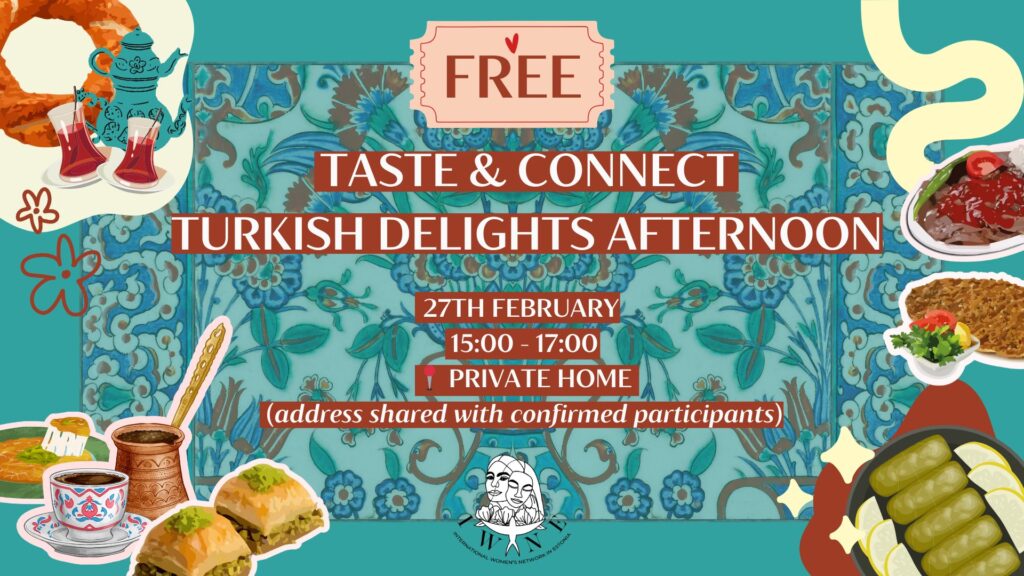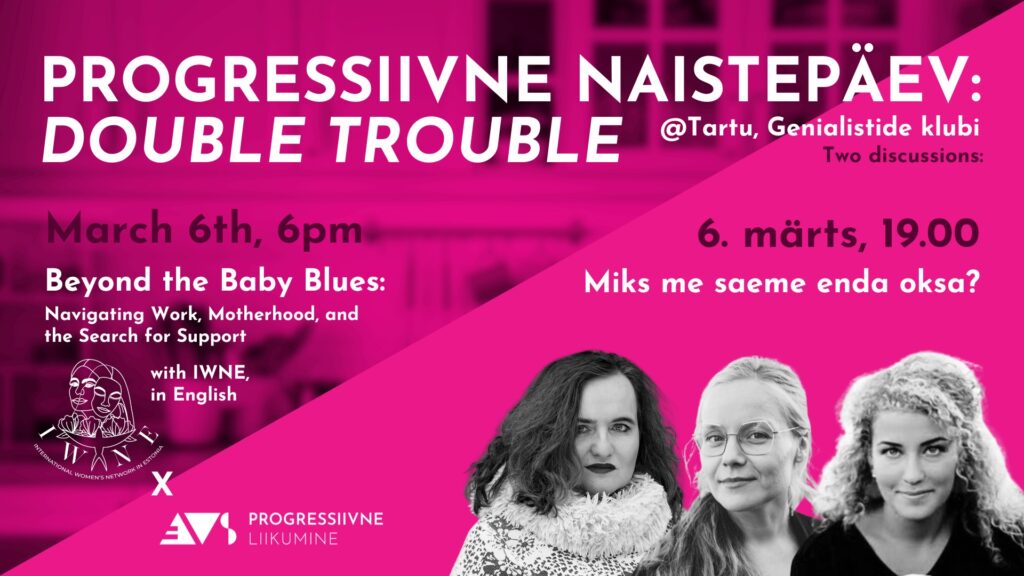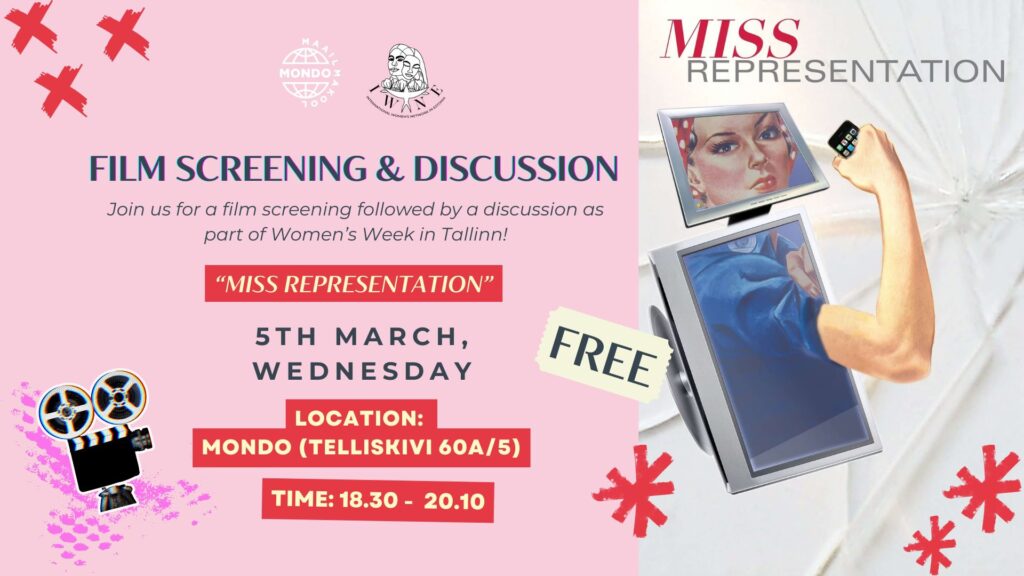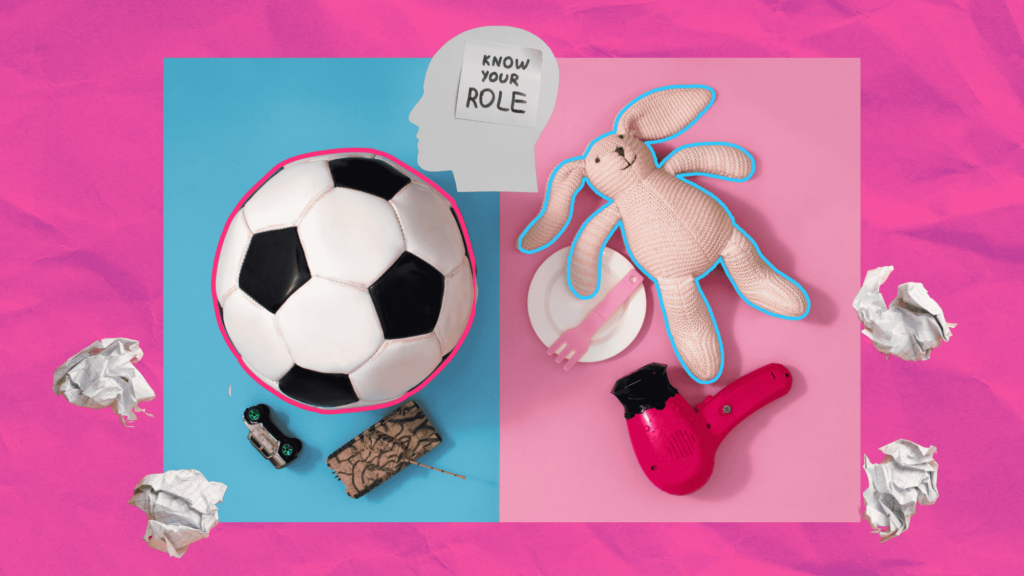
Conditioning Through Education: Gender Bias and the Hidden Curriculum in Textbooks
Education is often recognized as a tool for creating equal opportunities for everyone to succeed despite their background. However, gender bias within the educational system, frequently perpetuated through textbooks and curricula, significantly shapes the experiences of students, particularly women, by creating gender stereotypes. This article explores the many ways gender bias finds itself a place in the curricula and the vulnerabilities it creates for students, particularly women. In this article, I argue that it is essential to recognise that gender bias is not a single, static problem. Instead, it can manifest in multiple ways, including the representation of gender roles, language used, segregation of occupations along gender lines, and reinforcement of stereotypes. It makes gender bias a complex assortment of problems, requiring attention to each of the facets of gender bias, whereby textbooks and curriculum being one. Why Textbooks? Textbooks play an essential role in shaping not only the classroom discourses but also the upbringing of the students. Sadker and Zittleman (2007) cite that ‘‘students spend as much as 80 to 95% of classroom time using textbooks, and teachers make a majority of their instructional decisions based on these texts’’ (p. 144). The considerable amount of time that students spend
